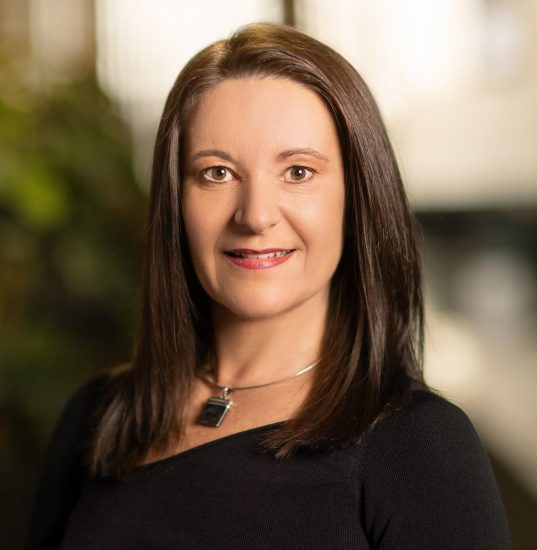Dimerix shows promise in treating ‘orphan’ kidney disease
By Leon Gettler, Talking Business
ONE OF the most debilitating diseases is FSGS (focal segmental glomerulosclerosis). It’s a rare disease where scar tissue develops on the glomeruli, the small parts of the kidneys that filter waste from the blood.
Because of its rarity – and hence its relatively low levels of research toward a treatment – the pharmaceutical world calls it an ‘orphan’ disease.
The disease can affect everyone, including children as young as two. Kidney transplants have a 60 percent failure rate. The answer lies with getting the right medication, which at the moment does not exist.
But a Melbourne based biopharmaceutical company, Dimerix, listed on the ASX, is now developing the drug to treat it.
“Our lead asset is a compound called DMX200 and that’s in phase 3 clinical trials,” Dimerix managing director Nina Webster told Talking Business.
She said sadly the prognosis was poor for patients with FSGS – and the causes of the disease at this stage are unknown. 
“There is no drug approved anywhere in the world and unfortunately kidney failure is within five years of diagnosis,” Ms Webster said.
She said nobody yet knows why kidney transplants do not help patients with FSGS.
Dimerix began working on drug in 2012
Ms Webster said Dimerix was founded in 2004 but the team had been working on DMX200 since 2012. Although the company had been working on it for more than a decade, she said, from a biopharmaceutical perspective that was ‘a relatively short period of time’.
She said the phase 3 clinical trial was the final one and was open globally in 11 countries and there were seven clinical sites recruiting FSGS patients for the 2024 program.
“We would expect to see the second interim outcome from this study and, if successful, we can submit for marketing approval at that point in time because it is a rare disease,” Ms Webster said.
“It is expected to be on the market in 2025.”
Ms Webster said developing drugs in the biopharmaceutical sector usually took around 10 to 15 years. She said this attracted a particular kind of investor.
“You have a particular kind of investor who has an appetite for investment in biotech,” she said. “In biotech, when we get success, success is very big and therefore while the risk is potentially higher, the reward is also a magnitude higher.”
Melbourne-based breakthrough
The company has 12 employees working in Melbourne, each focusing on areas such as clinical work, regulatory areas, manufacturing and intellectual property.
“Each of our team members is very experienced in drug development and has taken products from inception to marketing approval in the past.
“With no treatment anywhere in the world for FSGS, it is a big unmet need,” Ms Webster said.
“So if DMX 200 is successful in this trial, there is certainly a very big market.”
Such a big market, that it could generate huge revenues to justify the investment the company has put into developing the drug.
“The reason it’s so attractive to us in the first instance is because it’s an orphan disease, it means we have a faster pathway to market, we get an accelerated review period,” Ms Webster said.
“We also get what’s called orphan drug pricing. Now because there are fewer patients who have the disease, there has to be an incentive for companies to develop the drug.
“Orphan drug pricing is a lot higher. The orphan drug in the US retails at $7000 per month.”
Hear the complete interview and catch up with other topical business news on Leon Gettler’s Talking Business podcast, released every Friday at www.acast.com/talkingbusiness.
ends

